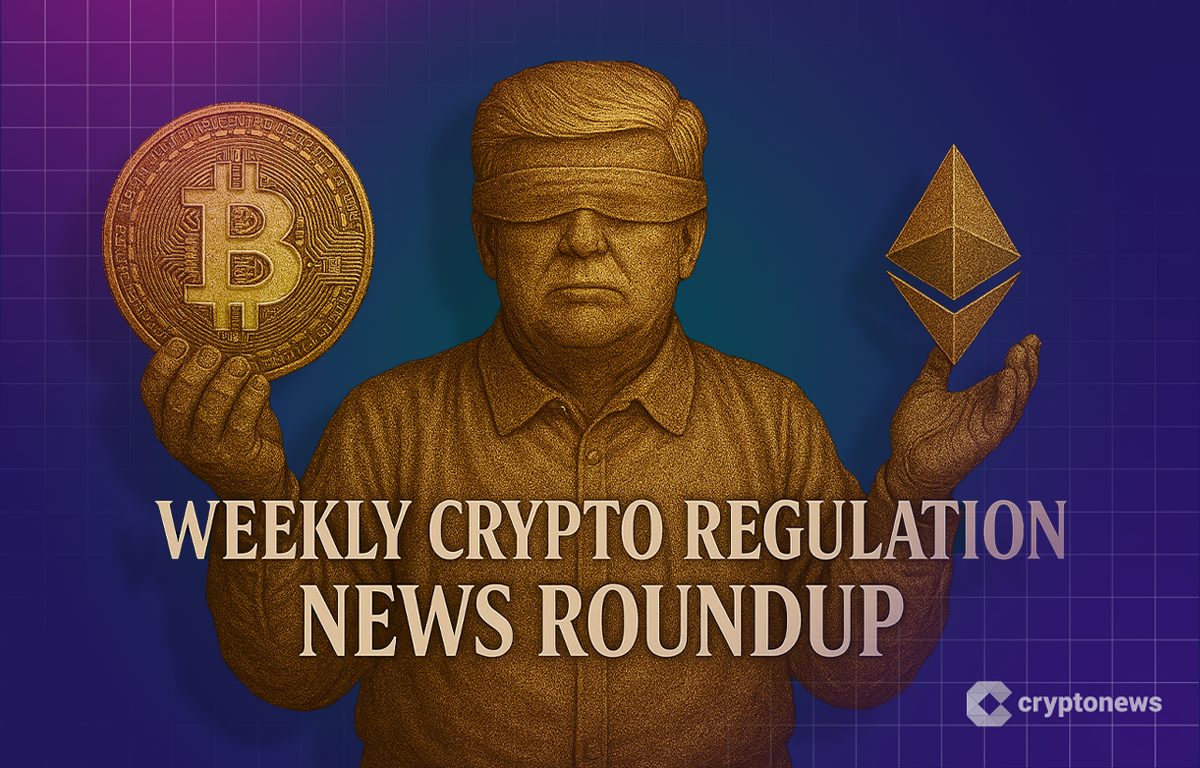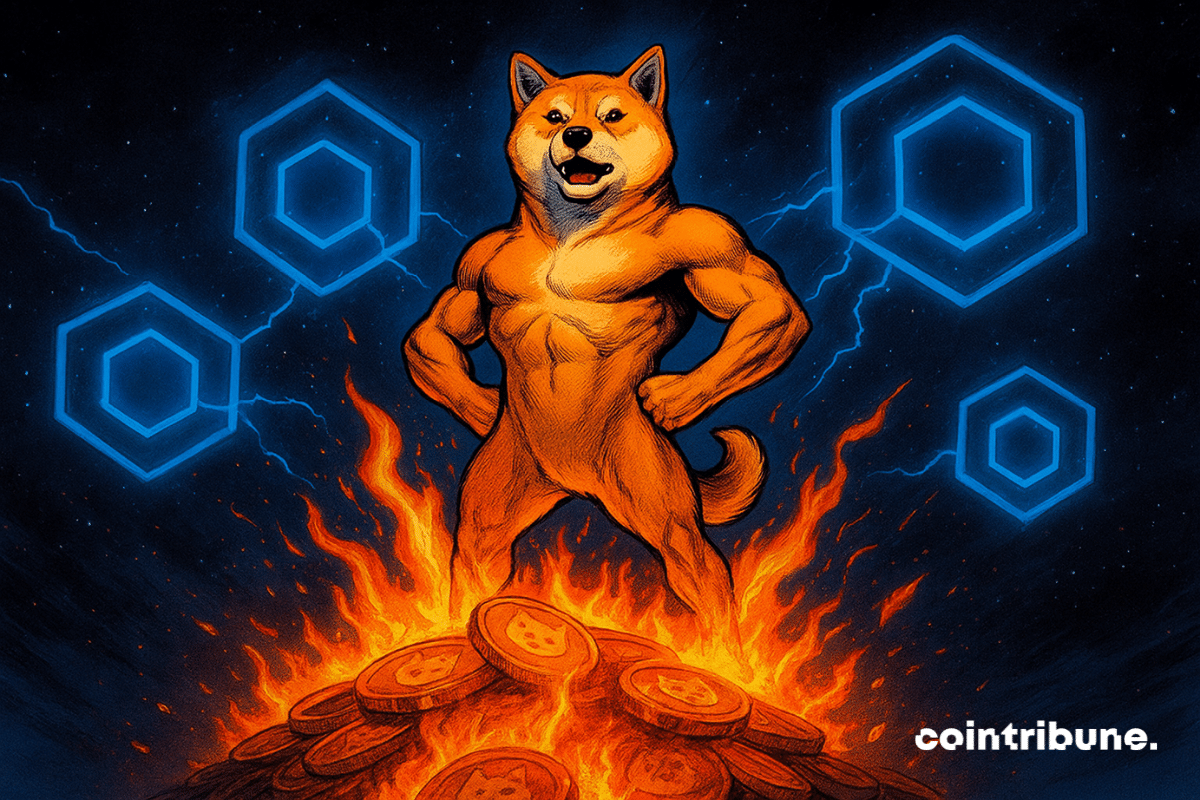AI-Powered Tokens Emerging as the Next Big Trend in 2026?
In this Article about AI-Powered Tokens Emerging as the Next Big Trend in 2026, Read it out.
Introduction
AI-powered tokens are more than just a stylistic moment; they symbolize the next evolution in blockchain innovation. Joining decentralized technology with artificial intelligence allows the tokens to offer intelligent automation, decision-making, and new opportunities on an industrial scale.
While regulation and scalability remain hurdles to be surpassed, increased adoption of AI on blockchain suggests that AI-powered tokens surely may be the next major revolution in crypto.
What is AI Token?
Artificial intelligence tokens are the cryptocurrencies developed to aid AI platforms, applications, and services. These tokens will power ecosystems integrating machine learning, predictive analytics, natural language processing, and so forth essentially, all functions of Artificial Intelligence.
For instance, some AI token development platform give access to decentralized AI models, while some power platforms automating financial trading or optimizing smart contracts. So, AI tokens are the meeting point for blockchain transparency and AI intelligence.
Why Are AI-Powered Tokens Emerging as the Next Big Trend?
1. Rising Demand for Automation
Across industries, businesspersons are turning to AI to reduce costs and increase efficiency, thereby minimizing human error. AI-powered tokens support platforms that automate financial trading, supply chain tracking, and smart contract execution. Hence, they have always been very precious in the fast-paced digital environment.
2. Data-Driven Decision Making
AI tokens allow intelligent systems to process data in real time and large quantity. Above all, this helps investors, traders, and businesses in making smarter and quicker decisions. The complex data processing capabilities make AI tokens favored relative to traditional crypto assets.
3. Integration with a Web3 Ecosystem
For DeFi, gaming, and metaverse applications, AI would be an intelligence layer enhancing user interaction and productivity. For instance, AI could make adaptive NFTs or power forecasting tools into decentralized finance. This places AI-decided tokens central to the growth of Web3.
4. Increasing Investor Interest
AI hype worldwide has lured big investors and blockchain projects are cashing in on the trend. AI-powered tokens hold the bright prospect emerging from the intersection of the two booming industries, AI and crypto-which attract both venture capital and retail investors.
Benefits of using AI-Powered Tokens
1. Efficiency and Automation
AI-powered tokens automate complex algorithms, including trading, fraud detection, and smart contract execution, among others, saving time and limiting human error.
2. Enhanced Security
They use AI algorithms for the detection of suspicious patterns and the possible consummation of cyberattacks, scams, and system vulnerabilities in blockchain networks.
3. Smarter Decision-Making
In the presence of analytics that are AI-driven, these tokens would provide insight into the event with regards to real-time scenarios, which would then be used by a business or investor in deciding upon a strategic decision based on a layer of the data.
4. Scalable Use Cases
AI-powered tokens span multiple industries including healthcare, finance, and supply as adoption is widely received.
5. Improved User Experience
They personalize the services, provide predictive tools, and even intelligent dApps that provide a seamless and engaging interaction for the user.
How Ai Tokens differ from traditional crypto tokens
AI Tokens
- Use AI to automate tasks and processes with predictive capabilities and smart decisions.
- Offer trading and fraud detection as well as contract optimization insights.
- Applied in the sectors like DeFi, gaming, health care, and metaverse.
Traditional Crypto Tokens
- Primarily used for payments, staking, and governance.
- Limited utility mainly to value-transfer operations and participation within an ecosystem.
- Commonly used in ICOs, transactions, and elementary blockchain operations.
Conclusion:
The so-called baked AI tokens are certainly more than a passing fad-they stand for the next steps in the evolution of blockchain. The integration of decentralized technologies with AI provides for smarter automation, better AI decision-making systems, and new avenue options for different industries.
The challenges presently lay with regulation and scalability, but further adoption of AI with blockchain thus marks the potential of these AI-powered tokens to be the next big revolution within the crypto sphere.
AI-Powered Tokens Emerging as the Next Big Trend in 2026? was originally published in Coinmonks on Medium, where people are continuing the conversation by highlighting and responding to this story.
محتوای پیشنهادی

Weekly Crypto Regulation Roundup: Trump Slams Musk, Tim Scott Backs Blockchain, and Broker Rule Gets Buried

Dogecoin maxi-deal: Thumzup acquires Dogehash with 30.7 million shares and prepares for the Nasdaq listing (ticker XDOG)
